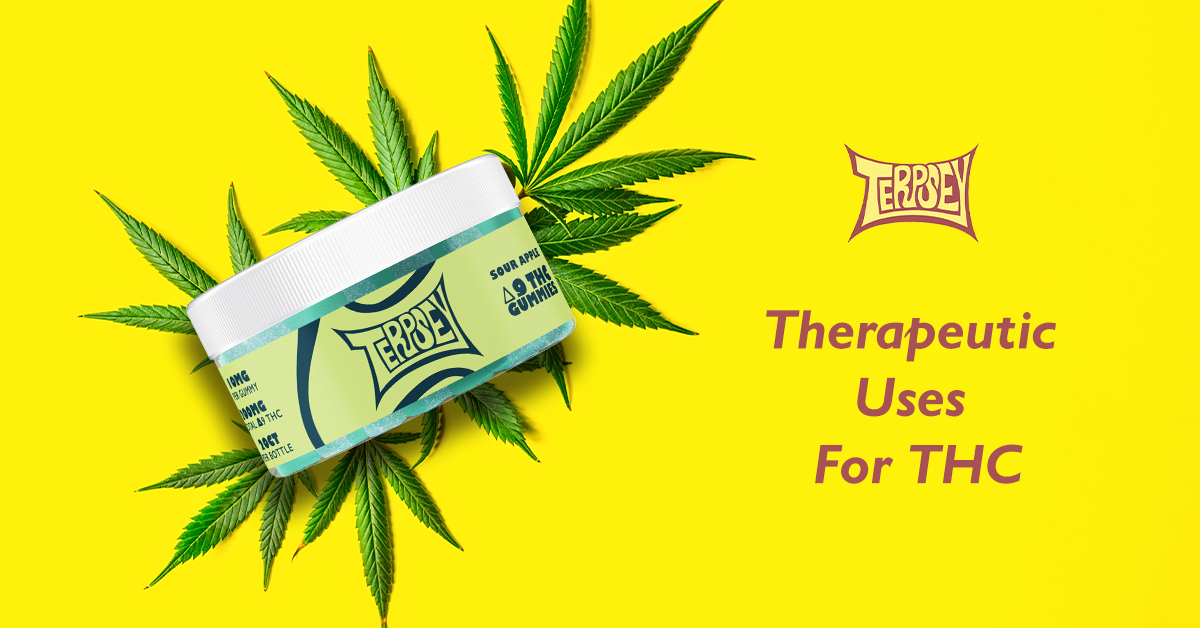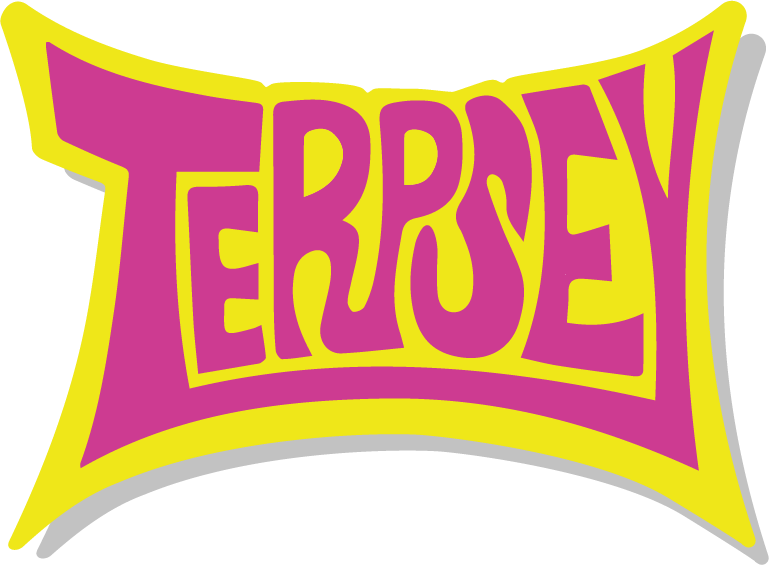
Therapeutic Uses for THC
Table of Contents
To understand the therapeutic uses for THC, it is essential to attain an overview of how it came into being.
Cannabis sativa L. (hemp) is a 20,000-year-old crop that grew in China. By the 16th century, people used this ancient crop commercially for fibers and seeds in Europe. Its use soon spread to other countries like the US and UK. However, the demand for hemp declined with time due to technological advancements. It almost halted in 1937 when the Marijuana Tax Act outlawed hemp farming since the plant includes THC.
Things changed when the 2014 Farm Bill distinguished between industrial hemp and marijuana and permitted further research. The bill authorized hemp extracts containing no more than 0.3 percent THC by dry weight.
The 2018 Farm Bill made industrial hemp a recognized agricultural product by eliminating it from the list of prohibited narcotics. It now serves as a substitute for lower-value commodity crops for many people. The cannabis history signifies that Delta 9 THC has been around for a long time. A growing body of research suggests it for treating many medical conditions. Here is what you need to know about the uses for THC and its potential therapeutic uses.
Medicinal benefits of THC
Though traces of THC already existed, it became the primary focus when Raphael Mechoulam isolated it for the first time in 1969. Multiple studies show that it can help with several medical conditions, including some hard-to-treat ailments. Let us know more about the benefits of this potent, hemp-derived compound.
Pain Management
Chronic pain is a multidimensional disorder that causes mental, emotional, and physical stress. It can disrupt your sleep, social life, and other regular activities. Unfortunately, it is now a growing public health hazard across the world. However, hemp-derived products offer a natural solution to alleviate pain and discomfort. CBD (cannabidiol) and THC are both active ingredients known for analgesic properties. They can help treat all kinds of pain, including neuropathic and nociceptive pain.
A 2021 study report overviews medical cannabis for treating pain. According to this study, its therapeutic efficacy depends on the concentration of THC and the THC to CBD ratio. THC binds to specific cannabinoid receptors and thereby affects pain pathways. CBD also interacts with ECS and works as an analgesic.
When your body regains homeostasis balance, it suppresses chronic inflammatory pain. It also regulates mood, immunity, appetite, sleep, memory, and stress. This way, phytocannabinoids help with pain and pain-related symptoms also. However, chronic pain management may require an interprofessional approach. A medical professional will thoroughly examine your condition before suggesting a THC-formulated product for chronic pain.
Stress and Anxiety
Life situations often induce stress, but the response is not always acceptable. Excessive strain could impair normal body functioning and even cause psychiatric disorders. While THC can relax or relieve stress, few studies provide clinical evidence stating its efficacy.
The report provided by the University of Chicago unveils that low THC dosage could ease mental pressure, but only in a dose-dependent manner. Researchers noticed that low doses reduced the jitteriness associated with public speaking. On the contrary, higher doses produced a mild high.
Likewise, another research study illustrates the impact of cannabis use on stress response regulation. Researchers identify the ECS as a potential mechanism and regulator of emotional reactions. A deficiency in ECS could cause stress-related disorders, and cannabis compounds, including THC, could overcome the deficit. THC-based products could help with post-traumatic stress disorder (PTSD), depression, and other psychological conditions.
Intellectual Disability
A reduction in cognitive ability is a typical aging process regulated by ECS. Cannabinoid receptor 1 (CB1) signaling declines with age in brain areas that control learning and memory. A 2021 study found that prolonged exposure to low doses of delta 9 THC (3 mg/kg/day) increased cognitive ability in aged mice on par with young untreated ones.
Researchers investigated the efficacy of a low THC dose (1 mg/kg/day), followed by the efficiency of a 1:1 mixture of THC and CBD. The results showed that a low THC dose improved spatial learning in older mice. Whereas the combination of THC and CBD was ineffective.
As CBD metabolized, it reduced the beneficial effects of THC. The conclusion was that THC treatment alone is more effective than the 1:1 combination of THC and CBD in improving cognitive functions.
Muscle Spasticity
Muscle spasms occur when one or more of your muscles tighten spontaneously and cannot relax. They generally affect the thighs, calves, wrists, and shoulders. These spasms can be excruciatingly painful.
Many studies demonstrate the benefit of medical cannabis in relieving muscle spasms. But, in addition to acting on ECS receptors and decreasing inflammation, the herb has additional effects on spasms.
One of the most significant effects of medical cannabis on muscle spasms is muscle recovery. A research study exhibits cannabis use for muscle rehabilitation and pain alleviation. This quality is best for athletes who regularly engage in highly intensive exercises.
Muscle tissues are likely to rip down during strenuous activities, causing pain and inflammatory conditions. Medical cannabis alleviates such pain, muscular inflammation, and exercise-induced oxidative stress. It also helps in the quick healing of torn muscle tissues.
Nausea and vomiting
Since ancient times, people have used cannabis to alleviate fever, nausea, arthritis, depression, inflammation, and nerve pain. Vomiting and nausea are not diseases but could be symptoms of typical conditions, such as cancer, ulcers, gastroparesis, or anxiety. While it is a proven remedy for chemotherapy-induced nausea symptoms, more research is necessary.
A research study discusses the effectiveness of a few cannabis products in treating them. The majority of participants experienced relief within a relatively short duration of time. But the potency of the antiemetic effect varied depending on the nature of the cannabis products used. The study further extended to examine THC and CBD effects. The research team found that THC appeared to relieve sickness, but CBD provided less symptom relief.
Buy Now: Sour Apple Delta 9 THC Gummies
Bottom Line: Uses For THC
Delta 9 THC belongs to the class of substances known as cannabinoids, which interact with the human ECS. It activates neurons that affect pleasure, memory, reasoning, coordination, and sleep cycles by binding to cannabinoid receptors in the brain. From a recreational perspective, it can feel pleasant, giving some people a feeling of exhilaration and relaxation. But today, THC is highly sought after by users for medical applications rather than recreational purposes. Manufacturers infuse it with other ingredients for subtle and calming effects.
Scientific research shows THC combined with other phytocannabinoids and terpenoids creates a synergy. The synergistic effects (entourage effects) could increase the overall therapeutic potential. It could help treat pain, inflammation, addiction, epilepsy, cancer, depression, anxiety, and microbial infections. However, consulting a doctor is essential before using any cannabis component for your health. After reviewing your medical history and symptoms, the professional will suggest an optimal dose.
